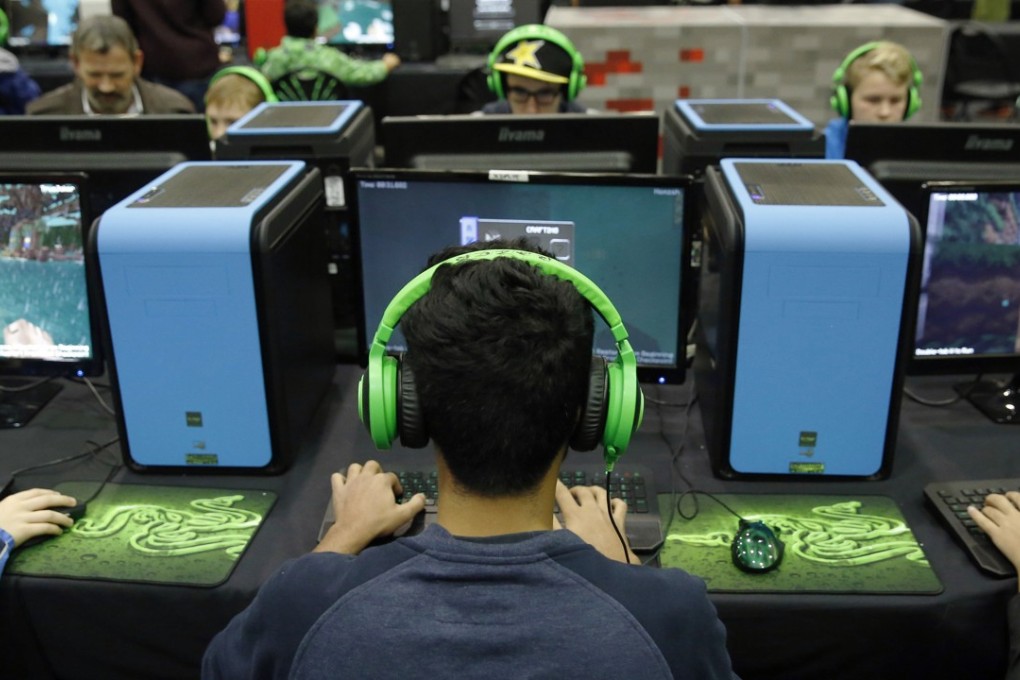China seeks to regulate `Wild West' of electronic sports
Rapid growth driven by more smartphones, availability of broadband internet, and popularity of internet cafes which encourage team-based game playing

China has long been a powerhouse in the Olympic Games, with a centralised system of sports academies and provincial teams feeding top talent to its gold medal-winning national team.
Now the country is eyeing leadership in competitive gaming, or electronic sports, with Beijing’s powerful sports administrator exploring ways to regulate and promote development of an e-sports industry that could replicate its Olympics success.
“E-sports has grown organically to a ‘wild west’ growth stage,” Tang Hua, director of electronic sports under the State General Administration of Sports, said in an interview in Shenzhen.
“For the next step we need to put regulation and sustainability of e-sports on the agenda.”
Although officially recognised as a sport in China as far back as 2003, its rapid growth has only come in recent years thanks to widespread ownership of smartphones, the availability of broadband internet, and the popularity of internet cafes which encourage team-based game playing. Recent e-sports tournaments have drawn more than 40 million online viewers, though that is still one third of the live audience for the American Super Bowl.
Exactly how e-sports will be regulated and to what extent the government will dedicate resources to develop the industry are topics still open for discussion, according to Tang, who said authorities are open to consultations with companies operating in the sector.